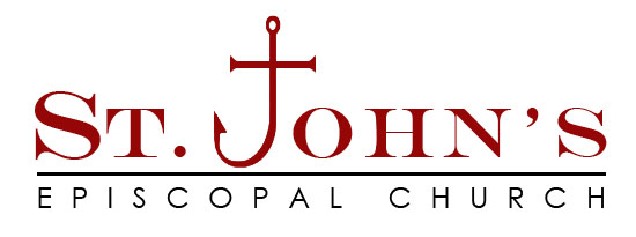Reformation Sunday
We Episcopalians and Anglicans fancy ourselves as the “via media” or “middle way” between catholics and protestants. At our best, we draw the best from both sides of that historic divide.
This Sunday is “Reformation Sunday,” when we give thanks for all that movement and its brave leaders, many of whom lost their lives have given to us. It was on October 31, 1517 that a German monk and priest named Martin Luther delivered a letter to his bishop, protesting the sale of “indulgences” along with a number of other doctrines and practices. This letter later became known as Luther’s “95 Theses,” and remains one of the most famous documents in the history of the church.
The practice of selling indulgences was terribly abusive practice of the medieval Catholic Church which has since been rejected. It remains an established part of Catholic teaching that when a person dies, even a good, believing Christian, they must first go to Purgatory for the purging of the last remnants of sin before entering heaven. Indulgences were sold as a way of “buying down” the time of some loved one, or yourself, in Purgatory. “As soon as coin in coffer rings, the soul from Purgatory springs!” is the pithy saying that summed up the practice.
Luther, correctly, found this a thoroughly unbiblical practice and voiced his objections to his bishop. A priest voicing objections to a bishop is hardly new or noteworthy. However, this letter became the “shot heard round the world” that touched off the Protestant Reformation. Luther himself never wanted to separate from the Catholic Church, seeking to reform the Church from within. But the battles got quite ugly and much blood was shed over the next century or so as the Reformation worked its way through the European continent and England.
The Reformation established a number of critically important ideas in the life of the church that remain with us today. In the grand scheme of things, the selling of indulgences was just an another opportunistic fund raising scheme. What remains of great value are things like Scripture in the vernacular (in the language spoken by the local people, rather than in Latin); worship in the vernacular; the idea that in Christ we have direct access to God and need not go through a church legate; and that we are saved not by our good works but by faith in Christ’s work on the cross.
There was a “counter reformation” in the Catholic Church with saw many of these convictions embraced there as well.
Of course, Luther did not single handedly create the Reformation. There were many complex factors both in the history of the church and in the secular culture that made the time ripe for such changes. And if it hadn’t been Luther and his 95 Theses, it would have been something else.
But we should give thanks for what is, I believe, a much more Biblically faithful church that has arisen both in the churches of the Reformation, and even within the Catholic Church itself as a result of this tectonic shift. Let’s give thanks for the Reformation, even as we work to rebuild our relationships with our brothers and sisters of all denominations!
This article appeared in the October 28, 2018 issue of St. John’s eNews. Click here for the complete issue.
If you are reading this at a different time, you may click here for the current eNews.
